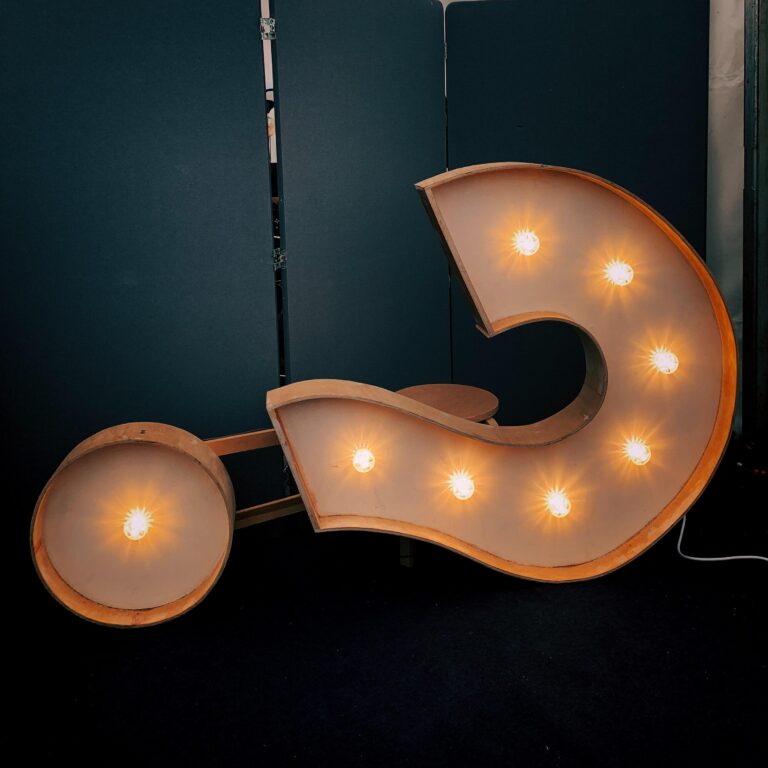Much has already been said about ChatGPT. The Atlantic declared “The College Essay Is Dead”—but they are referring to the essays undergraduates write for college courses, not the essays that high school students must compose to apply for universities.
And that is the most pragmatic, pressing concern for many. At a moment when universities are striving more than ever to promote access and equity in the admissions process, how will they be able to combat the ‘inauthenticities’ facilitated by ChatGPT and other revolutionary AI?
There is urgency in answering this question. Our team has highlighted for years that there are many factors beyond a student’s control in the college application process and only a few in their control: academic grades and rigor of classes, standardized test scores, extracurricular activities, recommendation letters, and application essays.
But when you have, for example, the University of California already adopting a test-blind policy and eliminating the use of recommendation letters, ChatGPT seems even more threatening and unjust. It is another authentic factor in students’ control that could be diminished.
It would be easy to propose burning it all down and devising a new solution.
Have students log onto a portal and submit written responses in a limited time frame.
Get rid of application essays altogether and revive interviews—in-person and on Zoom.
However, we would argue that the solution already exists. Because admissions officers are already looking for what ChatGPT cannot achieve—now and hopefully never…
Personal authentic details.
For years, long predating ChatGPT, our team has emphasized to students that “details illuminate authenticity.” ChatGPT can write impressive prose. Reading a ChatGPT-written piece that answers the prompt “Write a 650-word personal essay from the perspective of a high school student about a difficult situation you encountered and the personal growth you experienced as a result”, we were amazed that the piece read emotionally.
Take this paragraph:
“During my sophomore year of high school, I was struggling with a number of personal issues that were causing me a lot of stress and anxiety. I was struggling to keep up with my schoolwork, and I was feeling overwhelmed and isolated. My parents were going through a divorce, and I was struggling to deal with the emotional upheaval that came with it. On top of all of this, I was also struggling with my mental health, and I was finding it difficult to cope with my feelings of sadness and anxiety.”
It’s quite impressive when you consider a computer wrote that in two minutes.
Yet, it lacks what the prompt precisely asked for—what admissions officers crave: stories. These are broad, sweeping, grand statements written with emotional language and sentiments, but there is no substance. Not in this paragraph. Not in any others. There are no personal insights, details, or anecdotes.
How did you instill in them a sense of pride in their identity?
How are they committing themselves to positively impacting the world?
How are you encouraging them to get involved in their community and stand up for their beliefs?
And that is precisely the problem that students have had for years when writing the college essay. Many of the brightest, most impressive young minds experience unexpected disappointments in the admissions process because their essays are not personally revealing.
We tell every student and family that college application essays are not a writing contest. The best essays are not the “best-written” but the most “personally insightful.” Details are the key ingredient to vulnerability and authenticity.
Yet, year after year, for a variety of reasons, students neglect to write with details. Many are reluctant to be vulnerable. Others (most often those applying to elite institutions and imagining they need to be intellectually superior) refuse to accept that a simply-worded, personally-insightful sentence is more impactful than philosophically-lofty, thesaurus-worthy prose.
Oftentimes, at least in our experience, students are intimidated by short word limits: the Personal Statement, or “Common App Essay”, is 650 words (about one page single-spaced), while many school-specific supplement essays are 250 words. (“Why Dartmouth” is a mere 100 words!) Believing there is no possible way to fit personal details into such a restricted space, students write general statements thinking that elevated, emotional vocabulary will win the day.
Overwhelmingly, it will not.
What is an admissions officer? We have received many responses when we propose this question to students and families—the most common is “a gatekeeper”. But the correct answer is more obvious: an admissions officer is a person, and people accept other people.
Long before AI, admissions officers have been trained to identify and connect with personal stories, insights, and details. But we are all longing to make a human connection. We connect with characters in books, movies, and television that are well-written, fleshed out with personal details and insights that allow us to identify and empathize with them.
This means that students already have the power within themselves to prevail over ChatGPT. It’s not a matter of being vulnerable. It’s not a matter of being a talented writer. It’s a matter of sharing specific details and stories that reveal something meaningful. The cliched “show don’t tell” that students bemoan English teachers saying—but the wisdom is evergreen and ever-more-important.
Too often, however, families, advisors, and (ironically enough) English teachers lead students astray, emphasizing the supposed “need” for titles, flowery opening paragraphs that are supposed to hook the reader with imagery, and vocabulary fit for an old SAT. ChatGPT can do all that. And even predating technology writing essays, those ingredients would not distinguish an essay.
Give us substance. If you are writing about your pen collection, tell us the specific brands of pens and precisely what you use them for. If you are writing about your aspirations to study medicine, writing about specific projects, interactions, Wikipedia deep-dives, and YouTube binges will reveal emotion and passions better than yet another platitude about helping humanity or wanting to care for others.
There may come a day when, if a user inputs details, stories, and insights, ChatGPT or some other AI can write an essay of truly great caliber. We will decry that the piece was written in paragraph form by technology, but on some level, we cannot be critical. After all, it will be filled with humanity because the student would have already put in the self-reflection and introspection to input that humanity into the AI system.
And, as we always say, the hardest and most important part of writing the college essay comes before a student writes the first word of the first draft of their first essay. It is not actually writing the essay, but coming up with the ideas and figuring out what details and insights you want to share.
ChatGPT may threaten the authenticity of the written word. But it cannot infringe on the authenticity of each person, which is what universities are seeking the most.


